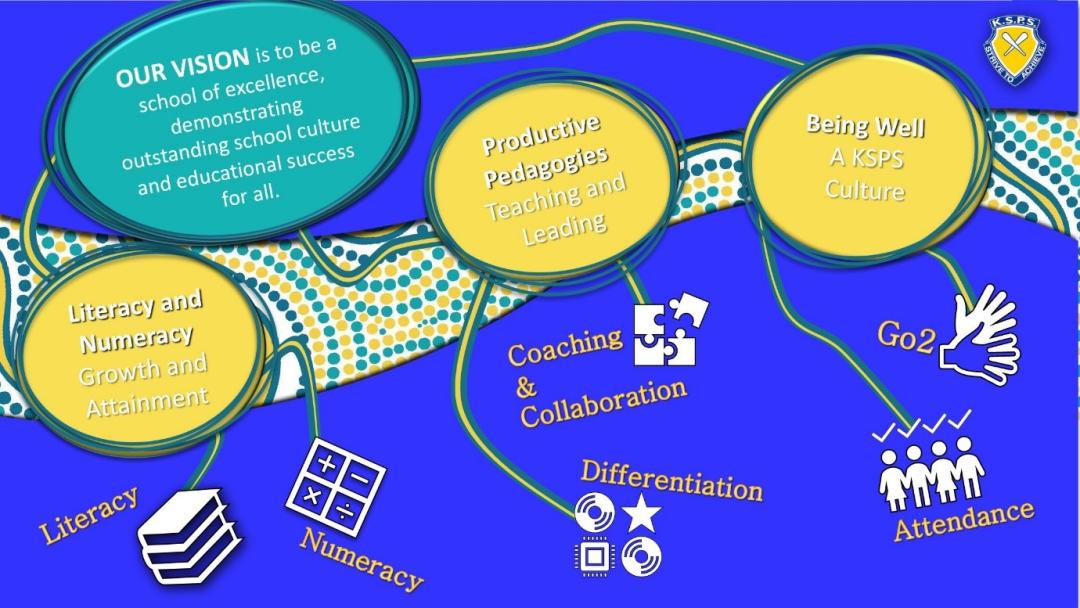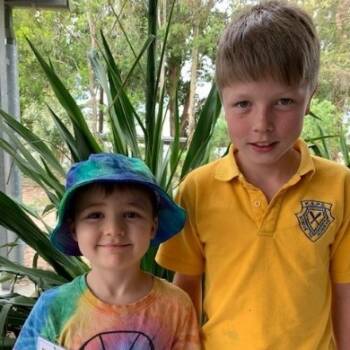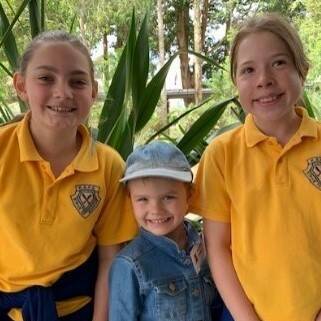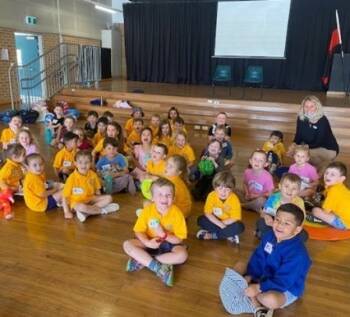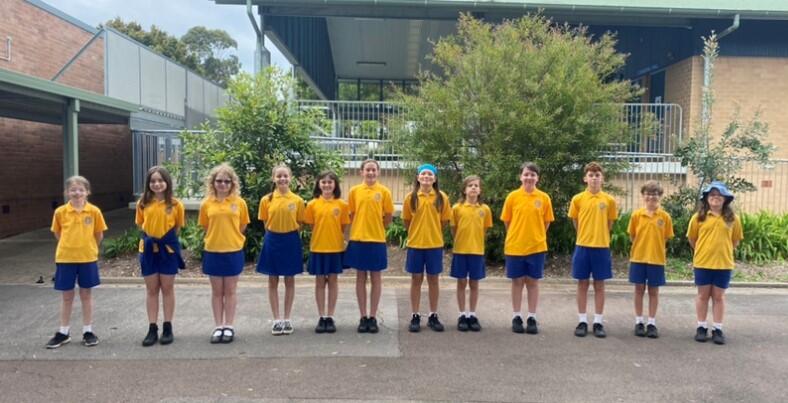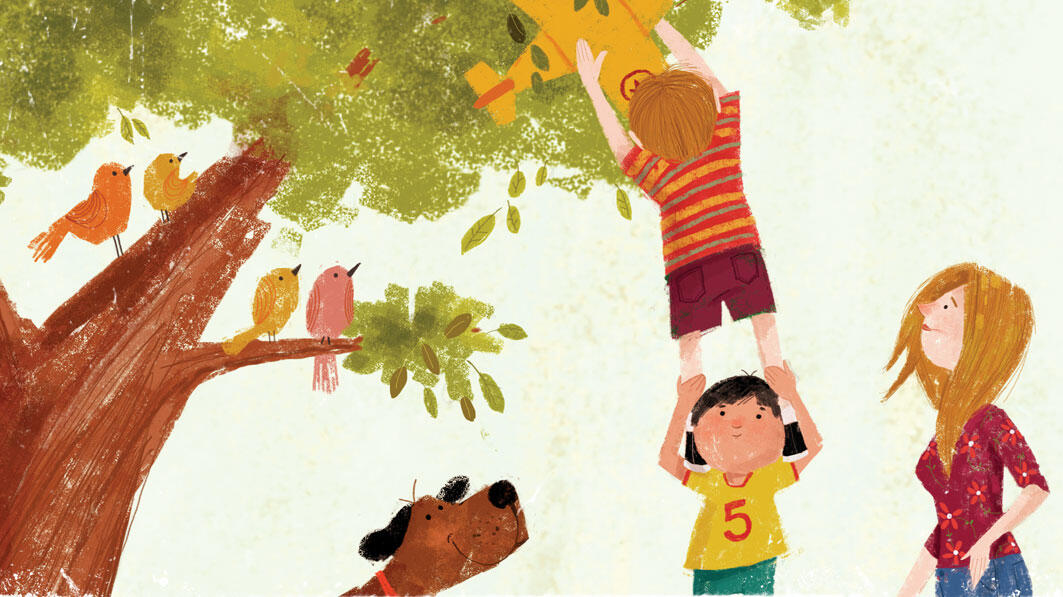How to help manage big emotions
Being able to manage our own emotions may seem like a simple task at first glance, but it’s actually quite complex for young people. It involves understanding your feelings, managing stress, using coping strategies at the appropriate times, problem-solving through challenges, and knowing when to ask for help. Young people don’t always know exactly how to manage those feelings, which is why it is important for adults to provide support along the way.
Big Emotions, Big Behaviours
Anger, worry, fear, shame, frustration, embarrassment, confusion, and even excitement. These are just a few big feelings that young people might need to cope with on any given day.
When a young person is struggling, we usually don’t see the emotion at first. We see the challenging behaviours. This might include acting in aggressive ways such as yelling, pushing, kicking or biting. Other times this might look like work refusal, avoidance and refusing to follow directions. We might also see withdrawal or irritability. When we see a young person acting out in negative ways, this could be a cue that they need some support.
Teach Skills When Calm
Everyone is going to struggle with managing emotions from time to time. It’s normal and healthy. With that said, some young people are going to need a bit more support than others. It is important to teach these skills proactively when they are calm.
Listen
The most important technique when a young person is struggling with emotions is to actively listen to them. This means giving distraction-free attention to them and really hearing them out. It helps to remain judgement free while they are expressing their emotions. Try to avoid taking over the conversation. Instead, ask prompting questions that might help them share more information about how they are feeling and what they need. Sometimes, this can take a while, but if you chat long enough, valuable information is almost always given. Sometimes, we all just need to be heard. A few prompts for starting the conversation might include:
- “What’s going on?”
- “I noticed you’re struggling with ______ today. What’s up?”
- “Talk to me. How are you feeling?”
- “Let’s chat”
- “How would you rate how you’re feeling from 0-10?”
Co-regulate
Co-regulation is the process of sitting with someone to calm down together. It’s helpful if these strategies and techniques have already been practiced ahead of time. When young people are overwhelmed, they don’t think as clearly and it’s difficult for them to pick up a new coping skill when heightened. If we want them to use these strategies when they are overwhelmed, we need to teach them before.
Sometimes in the moment it can be difficult to embrace the idea of calming strategies. This is why co-regulation can be so powerful. Adults are modelling the skills they want young people to do.
You can start by offering or suggesting a strategy. For example, you might say, “Let’s take a few minutes and colour together.” Another idea is to offer a choice between two activities. If neither of those seem to work, just choose a calm down strategy and do it on your own near the young person. Quite often, they will pick it up and try too.
Give Space
An overwhelmed young person can sometimes become more overwhelmed if they don’t have the time and space they need to get back on track. Give supports, but it’s also okay to walk away. Some helpful phrases to give some space include:
- “I’m here when you need me”
- “If you want to talk about that later, let me know, and I’ll be here to listen”
- “Let’s talk about that later”
- “Take a break and I’ll check back in with you in a few minutes, okay?”
Positive Self-Talk
Whether we realise it or not, self-talk is almost always going on inside our heads. This is the voice that encourages us to work through a problem that seems too challenging in the moment. It’s the voice that calms us down when we’re upset. It’s even the voice that reminds us to continue loving ourselves despite of our biggest mistakes.
Positive self-talk is the perfect opportunity for young people to remind themselves that they’re worthy of love, able to learn from mistakes and capable of achieving their goals. There is no better way than teaching a young person to be the one that reminds themself, rather than it coming from an adult. If we want to empower young people, we need to teach, practice, and model positive self-talk:
- Every day is a fresh start
- I am a work in progress
- Challenges help me grow
- It’s okay to feel how I feel
- I’m in charge of my choices
- I am grateful for what I have
- I am enough
- My voice matters
- I am resilient
- I can do tough things with hard work
Draw or Write
Not all young people are capable of verbalising how they are feeling and what they need. This is where drawing and writing can be helpful, giving a young person a chance to share their emotions in a non-threatening way. Some strategies to help a young person express feelings include:
- Write a letter about how they are feeling
- Draw a picture that shows their emotions
- List out all the feelings they feel
- Give free journal writing time
- Journal or draw to music
Problem-Solve
When a young person is calm, one of the most powerful ways to help them manage emotions is through problem-solving. When problem-solving, it’s important to not solve for them but with them. It is critical that young people know they have the power to solve their own problems, even if they need help sometimes.
Some ways to problem-solve together include:
- Come up with a list of possible solutions
- Draw a picture of the perfect way to solve the problem
- Act out different ways to solve the problem
[Source: https://www.thepathway2success.com/6-simple-ways-to-help-kids-manage-big-emotions/]
If you are concerned about your child and would like to speak with me, I am at KSPS on Mondays and Thursdays and I can be contacted through the front office, phone 4957 5319.
Belinda Robinson | SCHOOL CONSELLOR / REGISTERED PSYCHOLOGIST


